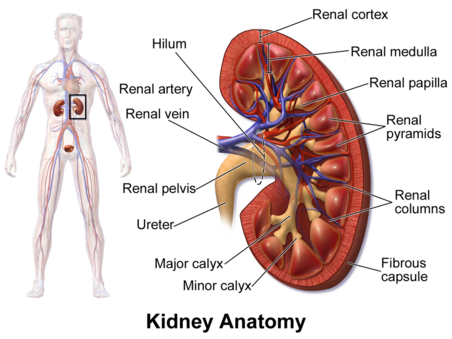Scientists at the University of California San Francisco have developed a bioreactor device that uses human kidney cells cultured in the laboratory and mimics some of the key functions of a kidney.
The device, according to the scientists, could one day free people from needing dialysis or having to take harsh drugs to suppress their immune system after a transplant.
The scientists said the device has been successfully tested in pigs for a week with no obvious side effects or issues.
According to the statement on the university’s website, the device can work quietly in the background, like a pacemaker, and does not trigger the recipient’s immune system to go on the attack.
“Eventually, scientists plan to fill the bioreactor with different kidney cells that perform vital functions like balancing the body’s fluids and releasing hormones to regulate blood pressure – then pair it with a device that filters waste from the blood. “The aim is to produce a human-scale device to improve on dialysis, which keeps people alive after their kidneys fail but is a poor substitute for having a real working organ. More than 500,000 people in the U.S. require dialysis several times a week. Many seek kidney transplants, but there are not enough donors, and only about 20,000 people receive them each year. An implantable artificial kidney would be a boon,” it noted.
The scientists engineered the bioreactor to connect directly to blood vessels and veins, allowing the passage of nutrients and oxygen, much like a transplanted kidney would.
“Silicon membranes keep the kidney cells inside the bioreactor safe from attack by the recipient’s immune cells.
“The team used a type of kidney cell called a proximal tubule cell, which regulates water and salt, as a test case. Co-author H. David Humes, MD, from the University of Michigan, had previously used these cells to help dialysis patients in the intensive care unit with life-saving results,” the statement noted.


previous post


